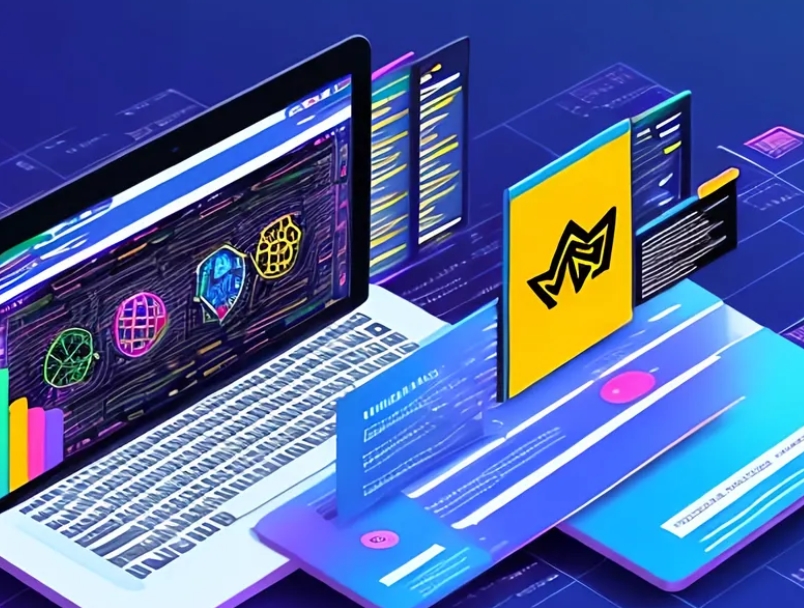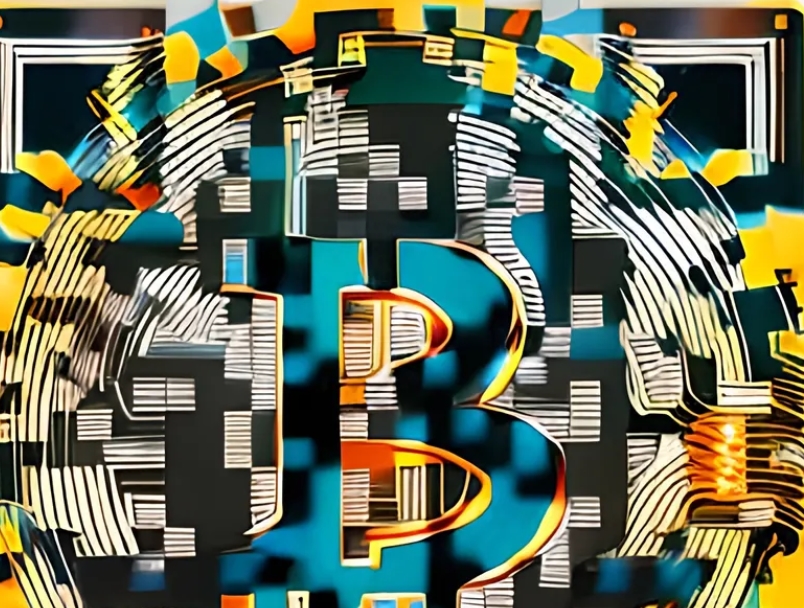
Understanding DeFi: The Next Financial Revolution
Introduction
Decentralized Finance (DeFi) is an emerging financial ecosystem set to disrupt traditional finance by utilizing blockchain technology and decentralized protocols. It offers enhanced control, transparency, and accessibility for users compared to conventional financial systems.
The Foundations of DeFi
At its core, DeFi relies on blockchain technology, which provides a secure and transparent ledger for financial transactions. Ethereum, the second-largest cryptocurrency, serves as the primary platform for developing DeFi applications, known as "dApps."
Key Components of DeFi
Decentralized Exchanges (DEXs): DEXs facilitate direct cryptocurrency trading without intermediaries, with examples like Uniswap, Sushiswap, and Curve.
Lending and Borrowing Protocols: Platforms such as Aave, Compound, and Maker allow users to lend, borrow, and earn interest on their crypto assets.
Stablecoins: Cryptocurrencies like DAI and USDC maintain stable values, typically pegged to fiat currencies, making them reliable for DeFi transactions.
Decentralized Derivatives: Platforms like Synthetix enable trading of synthetic assets, including stocks and commodities, without central authority oversight.
Yield Farming: Users can earn rewards by providing liquidity to DeFi protocols, often receiving governance tokens or other incentives.
The Benefits of DeFi
Accessibility: DeFi platforms are open to anyone with internet access, democratizing financial services.
Transparency: Operating on public blockchains allows users to verify transactions and assess ecosystem health.
Composability: DeFi applications can interconnect, fostering innovative financial products and services.
Programmability: DeFi protocols support the creation of complex financial instruments and automated processes.
Permissionless Innovation: New financial products can be developed without centralized oversight or approval.
The Challenges of DeFi
Regulatory Uncertainty: As DeFi evolves, regulators are struggling to adapt policies to this new landscape.
Technological Complexity: The intricacies of DeFi technology can pose challenges for mainstream users.
Smart Contract Risks: Vulnerabilities in smart contracts pose security risks without proper auditing.
Liquidity and Volatility: Significant market volatility and liquidity issues can affect ecosystem stability.
Conclusion
Decentralized Finance represents a transformative force in the financial sector, enhancing user control, transparency, and access to services. However, addressing the associated challenges and risks is crucial for its long-term viability and broader adoption.
american-boffin.com
bfbchamp.com
democraticcoma.com
tigrepelvar.com
charpoles.com
derbywheelblazers.com
fansfocus.net
guildnow.com
hediyeteyze.com
isprimecdn.com
kiira-korpi.net
manutd24.com
mediumtylerhenry.com
mishanghai.org
savethreestrikes.com
smilesbydavis.com
10puntos.net
band-shirt.com
icelandtrails.com
paulmarioday.com
thefunnynanny.com
Dave Tries Ballet
Buon Grande
Criacao Sites
Perry Perkins Books
Writing Essay in AU
Ka Soku
Blood is Blood Movie
Eleanor Writes Things
The Happy Prince Beirut
Town of Witless Bay
Online Igrovoi Club
Trigeminal Neuralgia - Ronald Brisman MD
Chocolate City Burlesque
Advanced Electric Scooters
W Tougei
Breadboard Maniac
Takasu App



